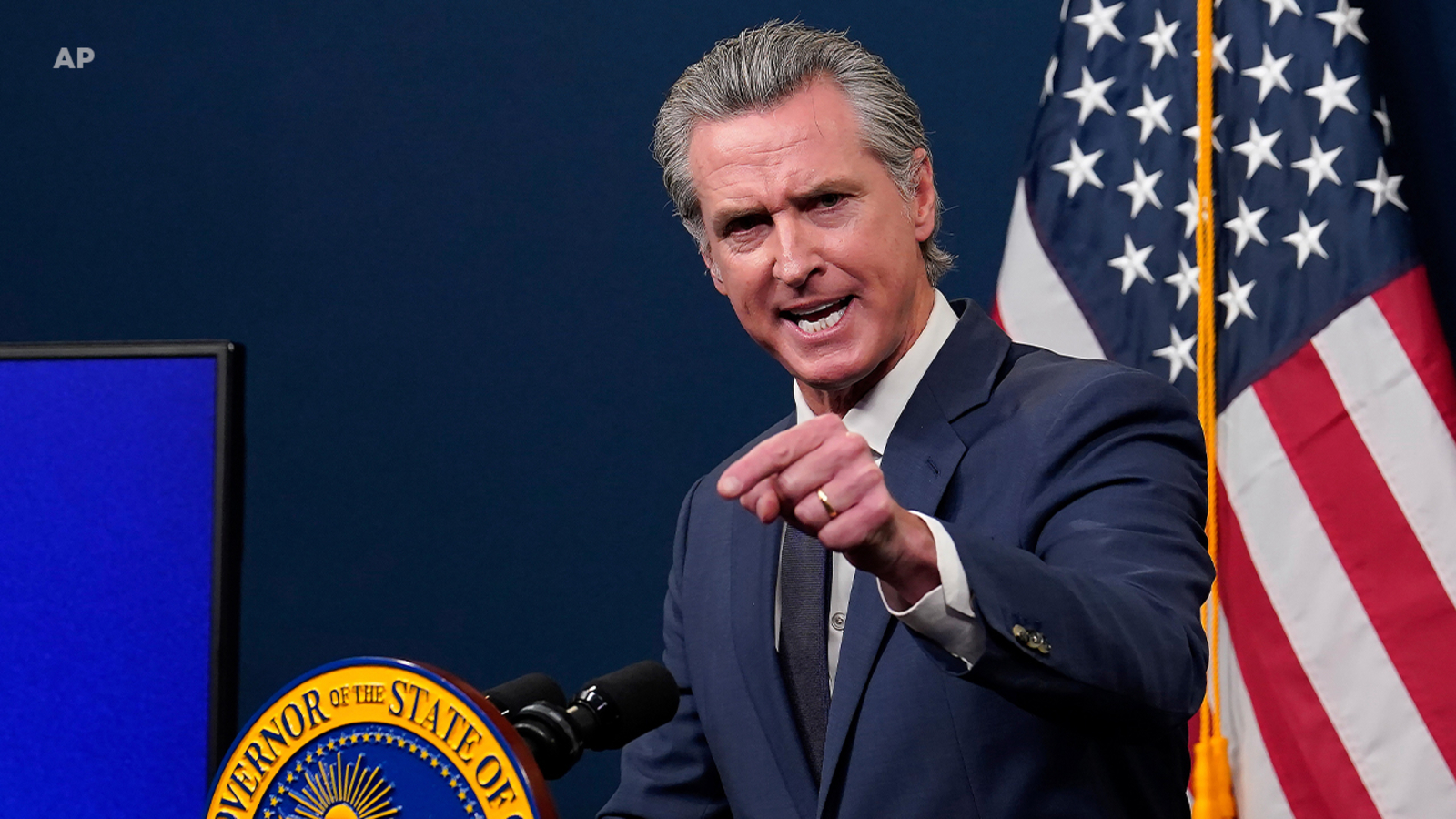Politics
West Coast Governors Unite to Protect Public Health Policies

The governors of Washington, Oregon, and California announced the formation of a health alliance on September 27, 2023, aimed at safeguarding public health policies. This initiative responds to concerns that the Trump administration is compromising Americans’ health and safety by politicizing the U.S. Centers for Disease Control and Prevention (CDC). The alliance emerges as COVID-19 cases rise and amid significant changes within the CDC, including staffing reductions and the advancement of controversial anti-vaccine policies.
In a joint statement, Washington Governor Bob Ferguson, Oregon Governor Tina Kotek, and California Governor Gavin Newsom expressed their commitment to addressing the challenges posed by the current federal administration. They stated, “The CDC has become a political tool that increasingly peddles ideology instead of science, ideology that will lead to severe health consequences.” The governors highlighted that the “dismantling of public health” and the dismissal of experienced health leaders are endangering lives.
California State Health Officer Erica Pan emphasized the importance of using scientific evidence in public health decisions. She remarked, “The lack of using science, data, and evidence to improve our nation’s health are placing lives at risk.” Additionally, Washington State Health Secretary Dennis Worsham underscored the role of public health in preventing illness and early deaths, while Oregon Health Director Sejal Hathi noted that vaccines have “indisputably saved millions of lives.”
The newly formed partnership seeks to coordinate health guidelines by aligning immunization plans with recommendations from credible national medical organizations. This strategy aims to restore public trust in health measures as inconsistent or politicized guidance can undermine confidence at critical moments.
In response to the formation of the health alliance, a spokesman for the U.S. Department of Health and Human Services, Andrew G. Nixon, criticized the approach taken by Democratic-led states. He asserted that these states “pushed unscientific school lockdowns, toddler mask mandates, and draconian vaccine passports” during the COVID-19 pandemic, which he claimed eroded public trust in health agencies. He reiterated that the administration’s Advisory Committee on Immunization Practices remains the authoritative body for vaccination recommendations in the U.S.
In a related development, Florida announced plans to phase out all childhood vaccine mandates. Governor Ron DeSantis aims to reduce health mandates in response to the pandemic, reflecting a broader trend among certain states to reevaluate their public health policies.
As public health agencies across the country ramp up vaccination efforts, several states are taking proactive measures. Illinois Governor JB Pritzker announced that his health department is consulting with medical experts to provide guidance on COVID-19 vaccines and other immunizations for the fall respiratory season. The department plans to release specific recommendations by the end of September 2025 to aid healthcare providers and residents in making informed decisions.
Meanwhile, the New Mexico Department of Health is collaborating with the state’s Board of Pharmacy to enhance access to COVID-19 vaccines at local pharmacies. Health Secretary Gina DeBlassie stated, “This order will remove obstacles to vaccination access,” reinforcing the commitment to resident safety as the respiratory virus season approaches.
In the Northeast, public health officials from eight states convened in Rhode Island to discuss coordinated vaccine recommendations. This group included all New England states except New Hampshire, along with New York, New Jersey, and Pennsylvania. Massachusetts Governor Maura Healey remarked, “We’re going to make sure that people get the vaccines they need—no matter what the Trump Administration does.”
The West Coast health alliance is not the first instance of Democratic-led states collaborating on public health issues. During the early months of the COVID-19 pandemic, states formed regional alliances to secure personal protective equipment and develop reopening plans in response to federal directives. This cooperative approach underscores the ongoing necessity for state-level collaboration in addressing public health challenges, especially in light of federal health restructuring and funding cuts.
-

 Lifestyle4 months ago
Lifestyle4 months agoLibraries Challenge Rising E-Book Costs Amid Growing Demand
-

 Sports3 months ago
Sports3 months agoTyreek Hill Responds to Tua Tagovailoa’s Comments on Team Dynamics
-

 Sports3 months ago
Sports3 months agoLiverpool Secures Agreement to Sign Young Striker Will Wright
-

 Lifestyle3 months ago
Lifestyle3 months agoSave Your Split Tomatoes: Expert Tips for Gardeners
-

 Lifestyle3 months ago
Lifestyle3 months agoPrincess Beatrice’s Daughter Athena Joins Siblings at London Parade
-

 World3 months ago
World3 months agoWinter Storms Lash New South Wales with Snow, Flood Risks
-

 Science4 months ago
Science4 months agoTrump Administration Moves to Repeal Key Climate Regulation
-

 Science3 months ago
Science3 months agoSan Francisco Hosts Unique Contest to Identify “Performative Males”
-

 Business4 months ago
Business4 months agoSoFi Technologies Shares Slip 2% Following Insider Stock Sale
-

 Science4 months ago
Science4 months agoNew Tool Reveals Link Between Horse Coat Condition and Parasites
-

 Sports4 months ago
Sports4 months agoElon Musk Sculpture Travels From Utah to Yosemite National Park
-

 Science4 months ago
Science4 months agoNew Study Confirms Humans Transported Stonehenge Bluestones








